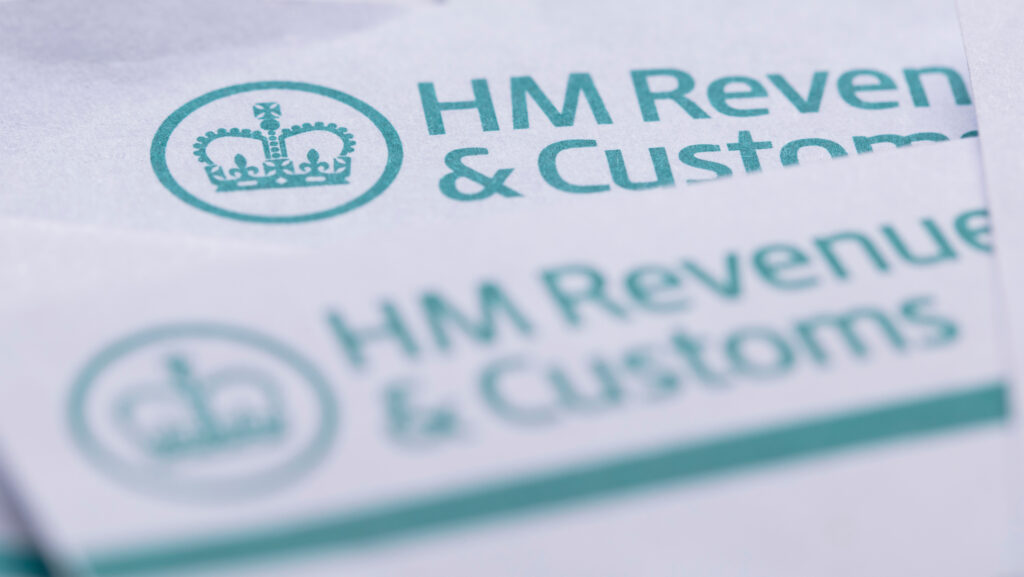Opinion: Progressive budget mustn’t hammer ‘real’ farmers
 © Adobe Stock
© Adobe Stock It is just a few weeks until the new government’s highly-anticipated budget is finally revealed.
It will be almost 15 years since the last time a Labour chancellor of the exchequer opened the famous red briefcase and, for some readers, this will be the first time in their working life that they have experienced left wing policies.
It will also be the first ever budget presented by a female Chancellor. Should we all be getting nervous?
Not nervous about the female chancellor bit, I happen to think that is one of the few good parts of this story, but should we be worried about tax rises?
See also: Opinion – an alternative model for succession planning
Most of us accept that tax rises are pretty much inevitable.
As a nation, we have always carried a lot of debt, and the added pressures of the Four Horsemen of the Financial Apocalypse – climate change, wars on the fringes of Europe and the displacement of people, the pandemic and the work of Liz Truss – present challenges for the government and cost for the rest of us.
So who is going to pay extra to get us back on track? If you read the Daily Telegraph, this is the point where you say: “Well, we could start by not giving so much money to disabled lesbians.”
To avoid getting bogged down with that line of thought, we’ll assume that we adopt the suggestion. This will make 0.0000002% of the necessary savings. Now what do we do?
As farmers, most of us can relate to leaning into a difficult financial outlook.
Many of us will have to navigate challenging times at some point in our career, and my sympathy goes out to those who are currently living through that pain after the impact of a difficult harvest or caught in recent deluges of rain.
In these times, farmers do what is necessary to get through. Spending must be trimmed, extraneous assets must be turned to cash, new income streams must be sought.
Unfortunately, running a national government isn’t like running a farm. They can’t operate with the same degree of granularity.
Government actions are inevitably blunt and their mistakes have human consequences – bins don’t get emptied, or people die – and their solutions usually involve throwing large amounts of your money at a problem.
HMRC has been pretty benevolent to farmers and landowners in the past. Certainly more than it has to ordinary working people.
Can anyone seriously defend the tax-free transfer of land between generations when an assistant farm manager earning £50,271 has about 48% deducted from their salary, and then has to pay a further 20% in VAT on most things they buy?
Is that fair? How likely is it that they will be able to buy or rent farms of their own one day?
For the first time in ages, we have a government that thinks more “progressively” than I do on the subject of taxing wealth and assets. Even I may find this budget painful.
I just hope that any changes to the taxation of assets are thoughtfully and gradually implemented to avoid destabilising a fragile farming industry.
The chancellor would do well to discourage the habit of buying or owning farmland as a vehicle to avoid tax or to transfer a privileged lifestyle, but she mustn’t hammer the hard-workers, the producers of healthy food and the creators of high-quality employment who use their assets for good.

